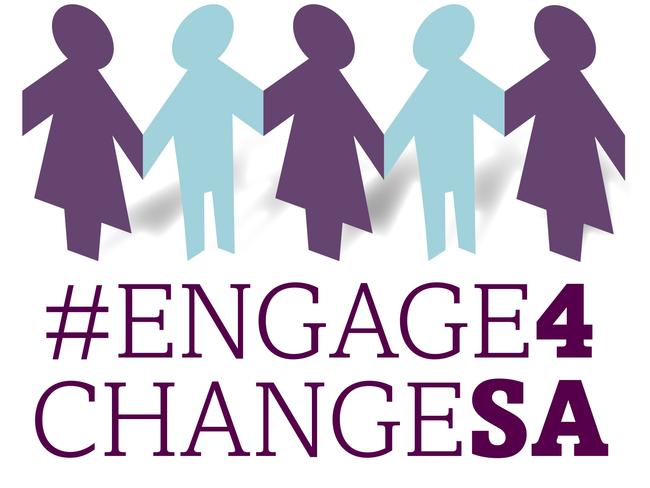Attorney-General Vickie Chapman will introduce legislation to the South Australian Parliament to crack down on domestic violence offenders
ABUSERS who assault their partner or threaten violence while they are covered by a court order will immediately face a tougher penalty of up to four years in jail — if proposed legislation is approved.

- Domestic violence laws: The original proposals
- DV disclosure scheme to launch in South Australia
- Domestic violence in SA: Our horrific abuse toll
ABUSERS who assault their partner or threaten violence while they are covered by a court order will immediately face a tougher penalty of up to four years in jail, if proposed legislation is approved.
Abusers who breach any condition of court orders meant to protect their victims for a second time in five years will also face the higher penalty.
Attorney-General Vickie Chapman will put legislation to Parliament on Wednesday to double the current two-year jail term for a breach of an Intervention Order for repeat offenders, or the most serious and violent first-time offences.
The legislation also introduces a maximum fine of $10,000 for a first offence, or a $20,000 fine for a second or violent offence.
The Government had initially intended to raise the penalty for breaching an Intervention Order only after a third offence but almost 57 per cent of South Australians who responded to public consultation on the proposal said it did not go far enough.
A breach of an Intervention Order could range from incessantly texting or calling a person or showing up at a child’s school, to breaking down a front door or assaulting a former partner.
Last financial year, 1297 people were found guilty of at least one breach and another 487 committed more than one.

Other changes in the Bill include:
CREATING a new crime of choking, suffocating or strangling someone you are in, or have been in, a relationship with, attracting a maximum penalty of seven years in jail.
ALLOWING video or audio recordings made by police responding to a domestic violence crime to be used as evidence in court cases, or when police apply to vary a court order protecting a person from their abuser.
BROADENING the definition of abuse to include forced marriage, preventing someone from entering their own home or threatening to share invasive photos or video of them.
Ms Chapman said the proposed offence of non-fatal strangulation – in addition to current crimes of assault or intent to cause harm – was needed because the act was increasingly used by abusers to control their victim without killing them.

There will also be a presumption against bail for people charged with this offence “to ensure the continued safety of the victim” because “strangulation is one of the highest predictors of future serious or fatal domestic violence incidents”, Ms Chapman said.
Allowing police video evidence to be used in domestic violence court cases would “reduce the stress for victims associated with the court process” and make it less likely that cases will be withdrawn if the victim faces pressure from their abuser not to testify, she said.
The new law would require that the alleged offender be given a reasonable opportunity to listen to or watch the recording and that the victim be available for further examination in court if required.

